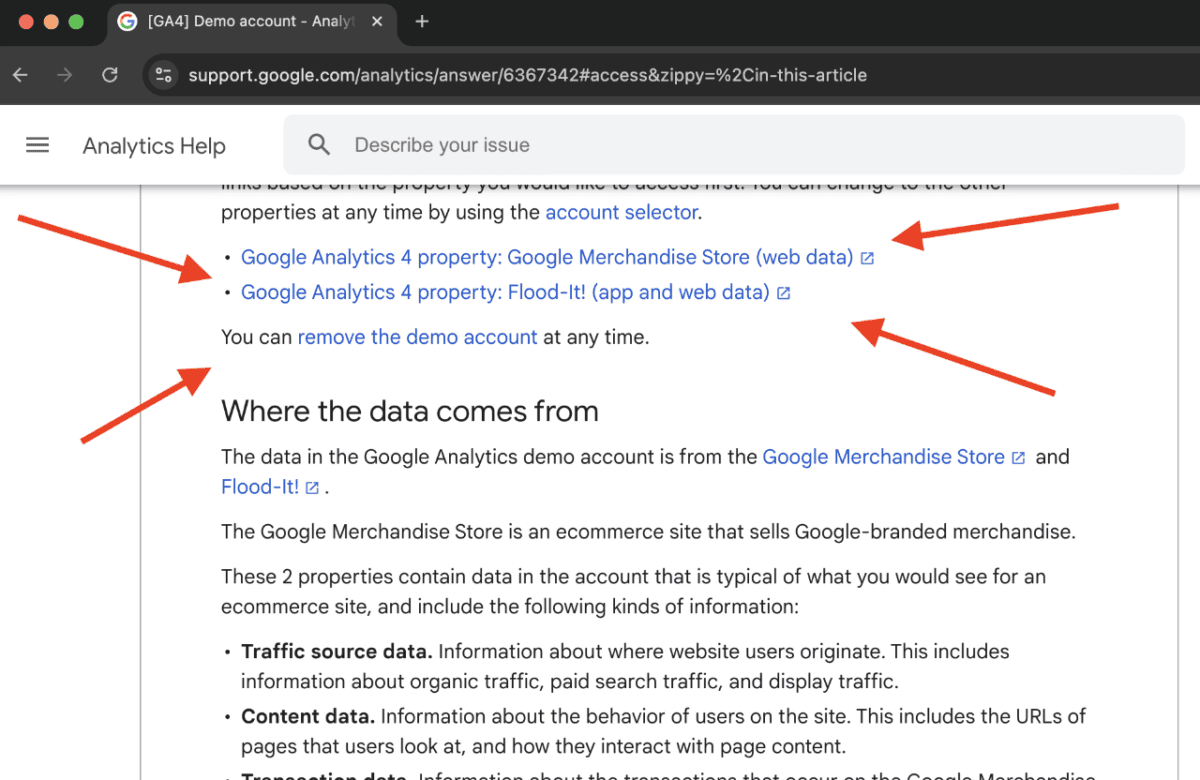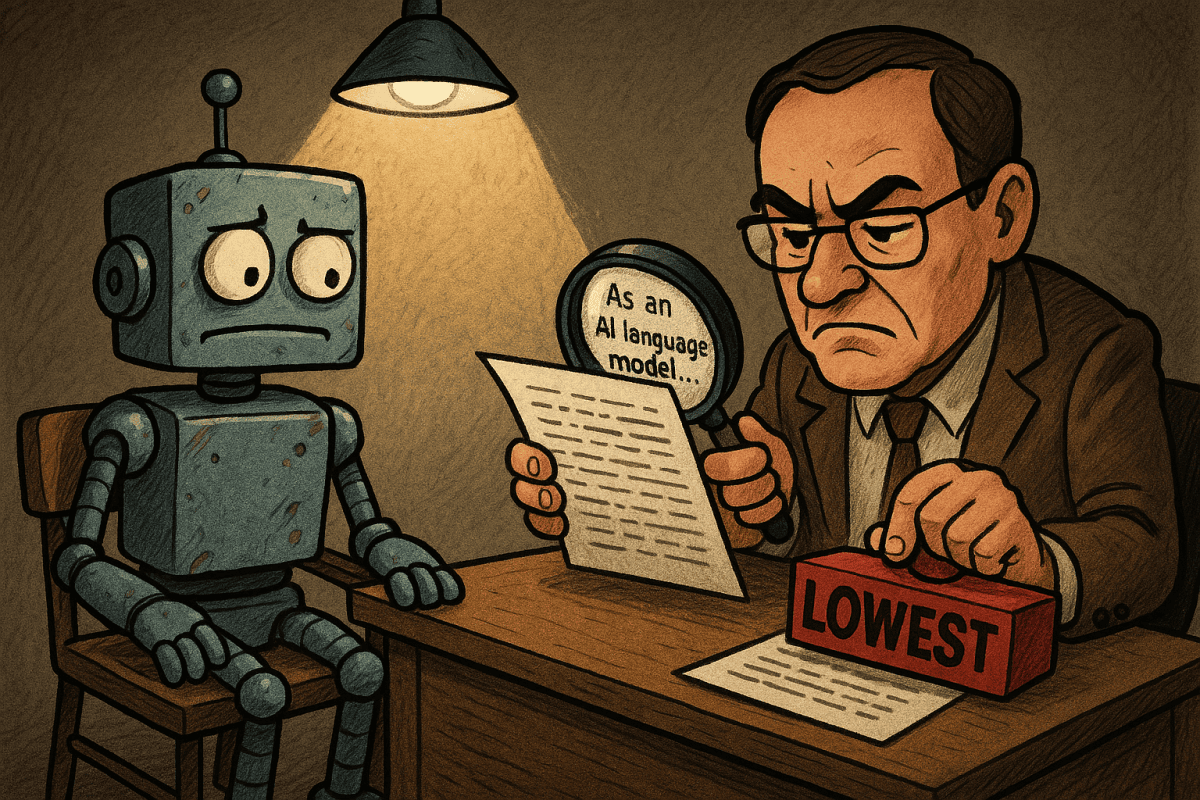With the release of PHP 8.0, a subtle but significant change has shaken up how developers handle null values in built-in functions. This isn’t just a minor tweak – it’s a meaningful step toward cleaner, more reliable code. And as an unexpected bonus, it deals a major blow to the ecosystem of pirated (or “nulled”) plugins and themes that have long plagued original developers.
Let’s unpack what’s new, how it works, and why it’s causing a stir in the development world.
What Changed in PHP 8.0?
In PHP 8.0, stricter type-checking rules mean that built-in functions no longer accept null values for non-nullable parameters. If you try it, PHP will throw a TypeError. This replaces the old behavior, where PHP would quietly handle null values or convert them into something usable.
Example:
In PHP 7.x
var_dump(strlen(null)); // Output: 0
In PHP 8.0
var_dump(strlen(null)); // Fatal error: Uncaught TypeError
This change aligns built-in functions with user-defined ones, which have always enforced stricter type-checking when declared with non-nullable parameters.
Why This Matters
PHP 8.0’s stricter rules make developers accountable for handling null values explicitly. This brings several benefits to the table:
- More Predictable Code: Silent conversions of null values are gone, which means fewer unexpected behaviors in your applications.
- Better Error Detection: Bugs related to unhandled null values are now caught early, making debugging easier.
- Encourages Modern Practices: Developers are nudged toward adopting nullable types (
?) and handling edge cases thoughtfully.
In short, it’s a step toward a more reliable and professional PHP ecosystem.
The End of Nulled Plugins and Themes?
One of the more interesting ripple effects of this change is how it impacts nulled plugins and themes – pirated copies of premium WordPress software. These often rely on outdated or poorly written code, which doesn’t play well with PHP 8.0’s stricter standards.
Common Issues with Nulled Software:
- Frequent Crashes: Many nulled plugins pass null values where they shouldn’t, triggering
TypeError exceptions.
- Compatibility Problems: Nulled software isn’t updated to align with modern PHP versions, so users encounter endless errors.
- Security Risks: Outdated code opens doors to vulnerabilities, exposing websites to malware and hacks.
As one developer quipped:
“This might not wipe out pirated software entirely, but it’s definitely putting up some serious roadblocks.”
SEO Risks of Nulled Plugins
This isn’t just about avoiding runtime errors with PHP 8.0. Using nulled WordPress plugins or themes comes with even bigger risks that could devastate your website’s SEO and reputation. From hidden malware to unauthorized backlinks, nulled software can lead to blacklisting by search engines and a plummet in rankings.
GPL Licensing: The Piracy Debate
Here’s where things get a bit murky. Most WordPress plugins and themes are licensed under the GPL (General Public License), which allows redistribution and modification. This means distributing GPL-licensed code isn’t necessarily illegal. However, there’s more to the story.
What’s Allowed:
- PHP Code: You’re free to modify and redistribute GPL-licensed code.
What’s Not Allowed:
- Non-Code Assets: Developers often protect CSS, images, and other assets under copyright. Redistributing these without permission is a legal violation.
One commenter from the WordPress community explained it well:
“Even if the PHP code is GPL, developers retain copyright over other assets. Copying those is a clear breach of copyright.”
This distinction highlights the ethical and financial toll piracy takes on developers.
Why This Is a Win for Original Developers
For developers who create and maintain premium software, PHP 8.0’s stricter rules are a blessing. They force the industry to rely on high-quality, well-maintained plugins instead of shaky, pirated alternatives.
Key Benefits:
- Fewer Pirated Copies: With many nulled plugins breaking, users will have to look for legitimate options.
- Better Revenue Support: More users purchasing licensed software means developers have the resources to innovate and offer better support.
- Higher Standards: By eliminating shortcuts in how null values are handled, PHP 8.0 raises the bar for everyone.
One developer summed it up perfectly:
“This doesn’t kill piracy completely, but it gives legitimate developers a big advantage.”
How to Adapt to PHP 8.0
Whether you’re a WordPress site owner or a plugin developer, here’s how you can stay ahead:
1. Audit Your Codebase
Check for functions that could receive null values. Update them to handle these cases explicitly.
function calculateLength(?string $value): int {
return $value === null ? 0 : strlen($value);
}
2. Use Strict Typing
Enable strict type declarations in your code to catch potential issues during development.
declare(strict_types=1);
3. Test Thoroughly
Run your applications in a PHP 8.0 environment to identify and fix compatibility issues.
4. Educate Your Clients
If you manage client websites, explain the importance of updating PHP versions and using legitimate software. Highlight the risks of relying on nulled plugins.
Why This Is Good for PHP as a Whole
This change is more than just a technical update – it’s part of a larger effort to professionalize the PHP ecosystem. By enforcing stricter rules, PHP 8.0 encourages developers to modernize their practices and prioritize security. For website owners, it’s a reminder to invest in legitimate software and stay updated to avoid costly errors.
Ultimately, stricter null handling is a win for everyone who values quality, security, and innovation in the PHP community.




